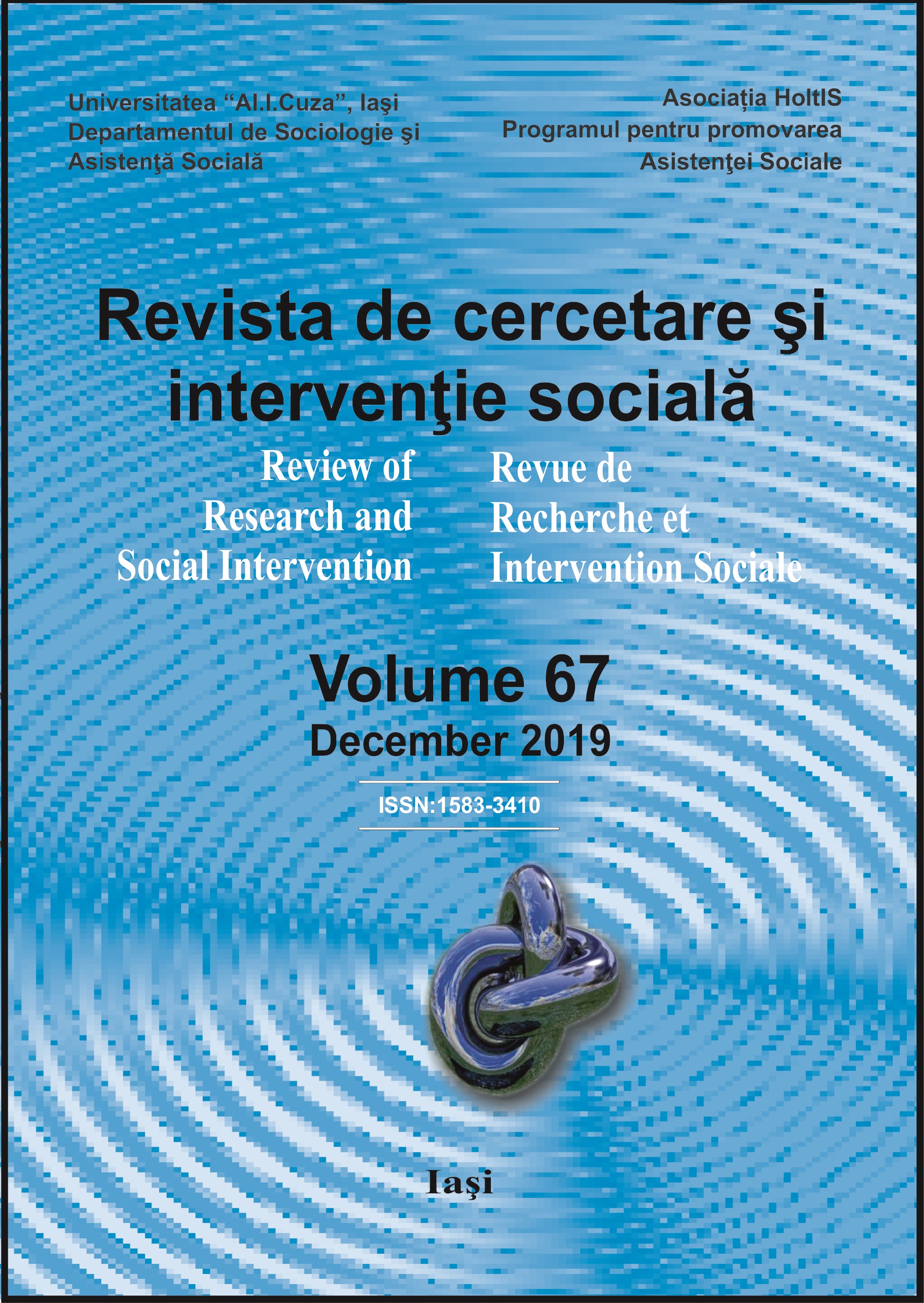Development Efficiency of Leisure Agriculture Based on DEA Model in the Background of Rural Revitalization
Development Efficiency of Leisure Agriculture Based on DEA Model in the Background of Rural Revitalization
Author(s): Changjiang TAOSubject(s): Social Sciences, Sociology
Published by: Expert Projects Publishing
Keywords: rural revitalization; DEA; Anhui Province; leisure agriculture; development efficiency; social economy; social development;
Summary/Abstract: The rural revitalization strategy has injected vitality into the reform of the supply side of agriculture. In addition, leisure agriculture is the focus of rural supply-side reform. In order to break through the stalemate in agricultural development, Chinese leisure agriculture has gradually sprouted at the end of the last century. Nowadays, leisure agriculture, as a direction of agricultural modernization with Chinese characteristics, has important significance for the development of agricultural industrialization, the rise of agricultural economy, and the development of urban integration. First, we briefly introduce the relevant theories of leisure and sightseeing agriculture. Then we elaborated on the situation of rural revitalization and leisure agriculture development. This paper studies the current situation of leisure and sightseeing agriculture in Anhui Province through Data Envelopment Analysis (DEA). We evaluated the efficiency of leisure agriculture in Anhui Province. On this basis, we analyzed its current status and existing problems. We have put forward some suggestions, which have certain guiding significance for the improvement of leisure agriculture efficiency in Anhui Province. The research results show that the production level and development scale of leisure agriculture in Anhui Province are not optimal. Due to different production technology levels and resource endowments, there is a certain gap in the development of leisure agriculture between different regions in Anhui Province. These gaps are mainly reflected in the difference in pure technical efficiency. Therefore, we propose to reduce the scale of leisure agriculture development and carry out concentrated resource development. We suggest strengthening the construction of soft and hard facilities on the basis of reasonable planning. We believe that we can make full use of information technology to innovate agricultural development models to promote the development of leisure agriculture in Anhui Province.
Journal: Revista de Cercetare şi Intervenţie Socială
- Issue Year: 2019
- Issue No: 67
- Page Range: 169-187
- Page Count: 18
- Language: English

